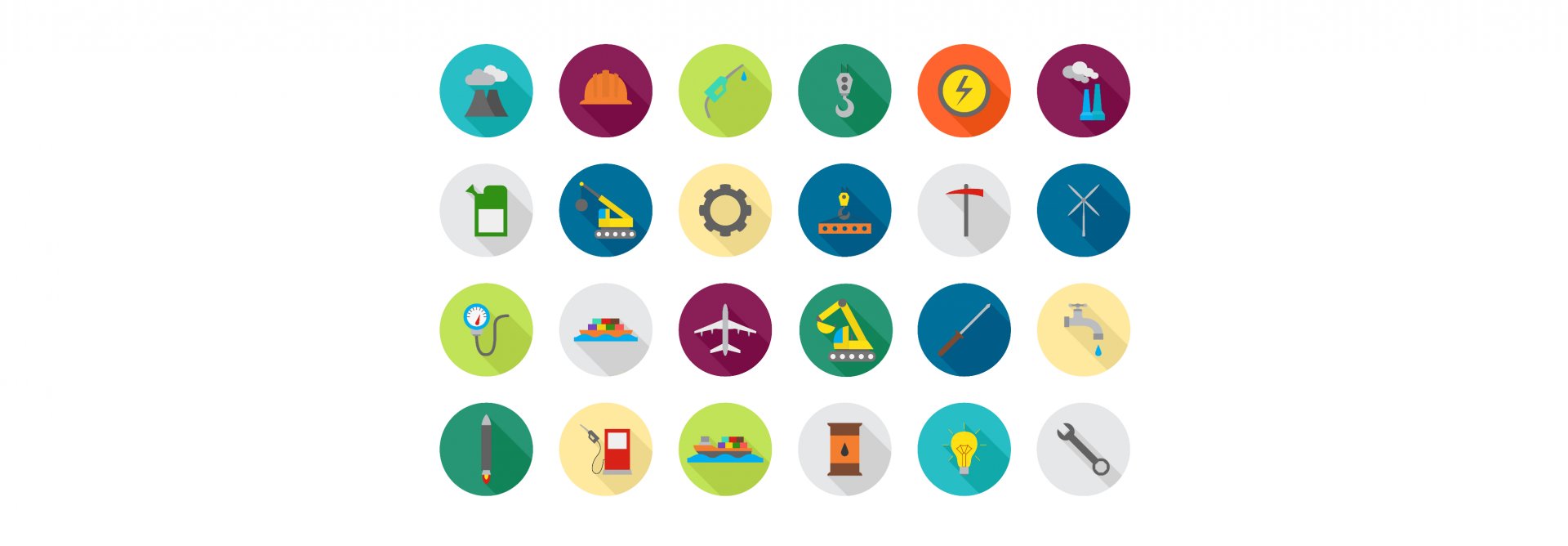Our Sectors
Our team of competent and experienced engineers are focussed on supporting all industry sectors, working for large, small, single and multiple site operations.
We can arrange your examinations either through your insurance broker or directly with your business.
Insurance Brokers
If your broker does not already work with us ask them to contact one of our team and we can make arrangements to provide our services.
Rail
We can operate in all areas of the UK and aim to offer a support service second to none in this high demand sector responding to ‘eleventh hour’ requests.
Marine
Our engineer surveyors have extensive experience of working on ports throughout the UK & are able to offer thorough examinations in this sector.
Logistics and Transport
Large amount of vehicle movements between people and workplace transport its critical that machinery is safe to use.
Residential / Care Homes / Health Care
We can ensure that owners & duty holders have independent examinations carried out on a range of equipment to comply with the law & operate safely
Education
Examinations can be scheduled out of hours or during holiday periods to ensure the minimum of disruption.
Commercial / Residential Property
CTS Safety can support you in fulfilling your obligations and can advise on what equipment should be examined and how often.
Manufacturing & Engineering
We can provide guidance of what equipment need to be examined and how often to ensure that you keep your employees safe with the relevant legislation.
Retail sector
It's critical that plant and equipment is examined as required by relevant legislation to ensure the health and safety of all persons.
Motor Trade
Approximately 200,000 workers in the UK are employed in the motor vehicle repair sector. We can provide guidance on how to keep your employees safe.
FAQ
What is LOLER?
The Lifting Operations and Lifting Equipment Regulations 1998 (LOLER) addresses the specific risks associated with the use of lifting equipment. Thorough examination and inspection are key requirements of the Regulations. To meet these requirements, duty holders must:
- Ensure lifting equipment (including lifting accessories) exposed to conditions causing deterioration which could lead to dangerous situations undergoes regular thorough examination by a competent person; and
- Ensure all supplementary inspections and tests recommended by the competent person are carried out within the timescale stated. Examples of conditions causing deterioration are wet, abrasive or corrosive environments.
What is PUWER?
The Provision & Use of Work Equipment Regulations 1998 (PUWER) place duties on people and companies who own, operate or have control over work equipment. PUWER also places responsibilities on businesses and organisations whose employees use work equipment, whether owned by them or not.
PUWER requires that equipment provided for use at work is:
- Suitable for the intended use
- Safe for use, maintained in a safe condition and inspected to ensure it is correctly installed and does not subsequently deteriorate
- Used only by people who have received adequate information, instruction and training
- Accompanied by suitable health and safety measures, such as protective devices and controls. These will normally include guarding, emergency stop devices, adequate means of isolation from sources of energy, clearly visible markings and warning devices
- Used in accordance with specific requirements, for mobile work equipment and power presses
Some work equipment is subject to other health and safety legislation in addition to PUWER. For example, lifting equipment must also meet the requirements of LOLER and pressure equipment must meet the Pressure Systems Safety Regulations.
What is a ‘Thorough Examination’?
A thorough examination is a systematic and detailed examination of the lifting equipment by a competent person to detect any defects that are, or might become, dangerous.
What is a ‘Competent Person’?
A competent person is someone who has appropriate practical and theoretical knowledge and experience of the equipment for which they act as 'competent person'. This knowledge and experience can help them detect defects / weaknesses and assess whether they will affect the continued safe use of the equipment.
The competent person must be sufficiently independent and impartial to make objective decisions. However, this should not be the same person who performs routine servicing / maintenance, as they would be responsible for assessing their own work.
A competent person may be employed by a separate company or selected by an employer from their own staff. They should have genuine competence, authority and independence to ensure examinations are properly carried out, so that any recommendations that arise can be made without fear or favour. (Source HSE)
